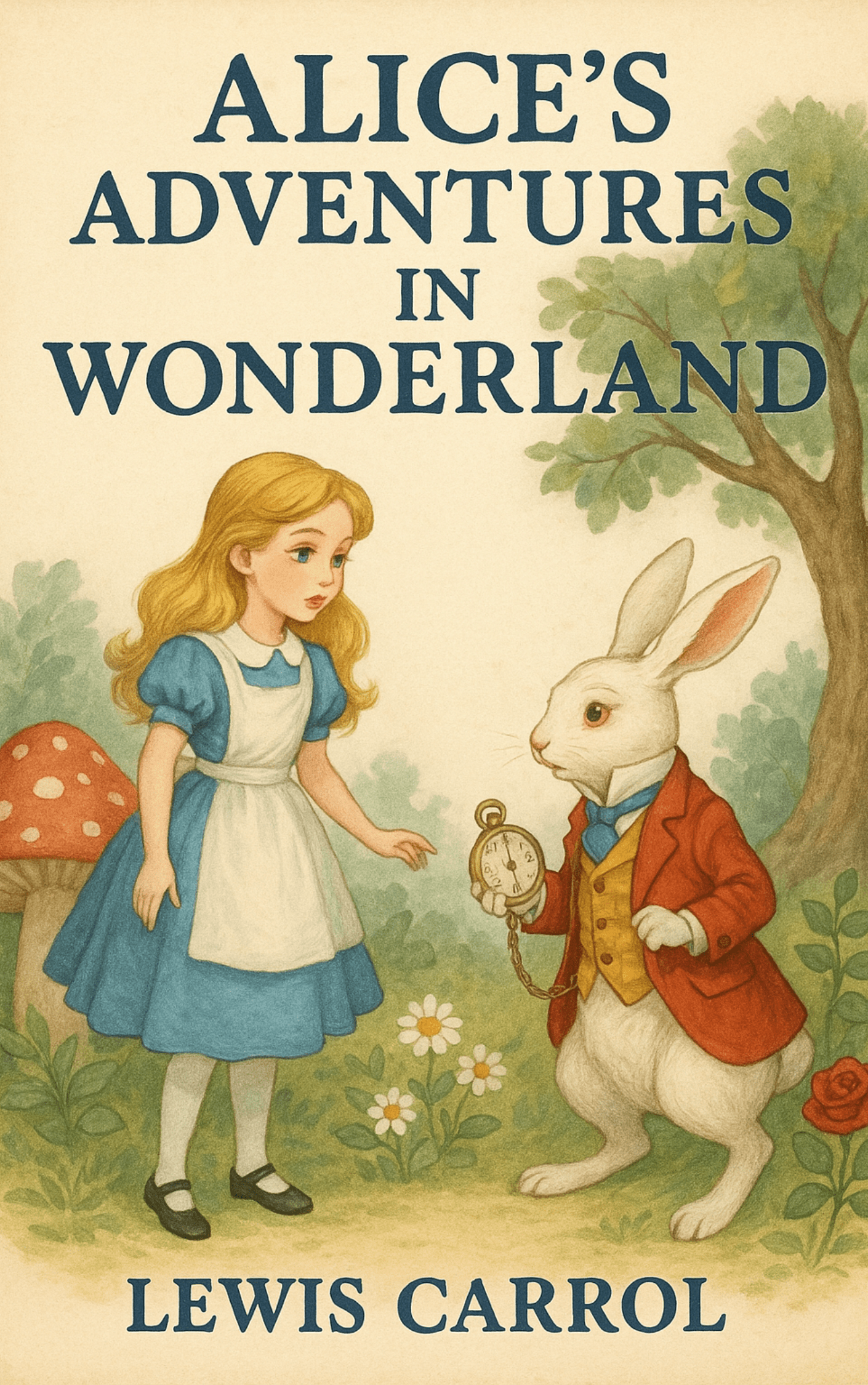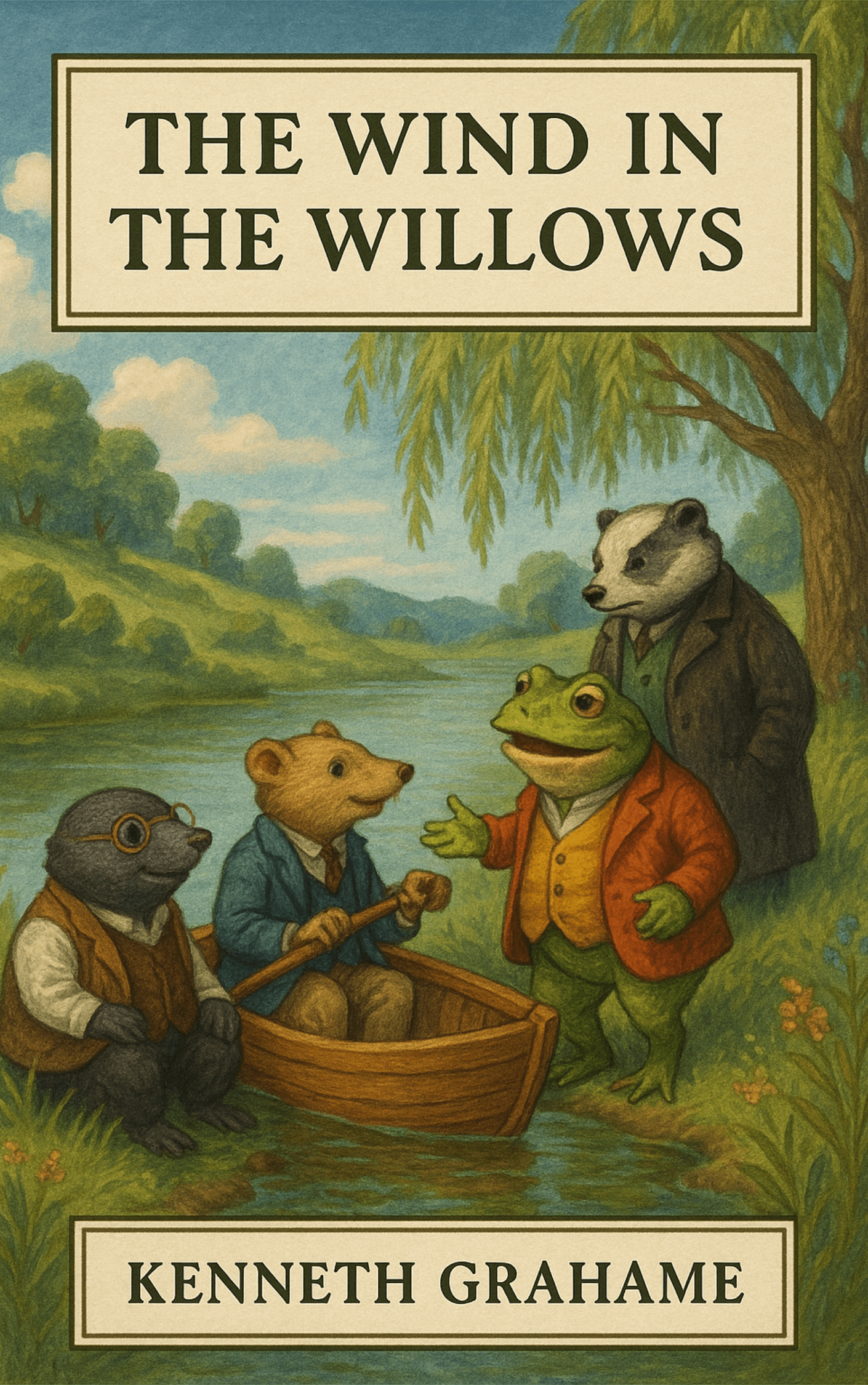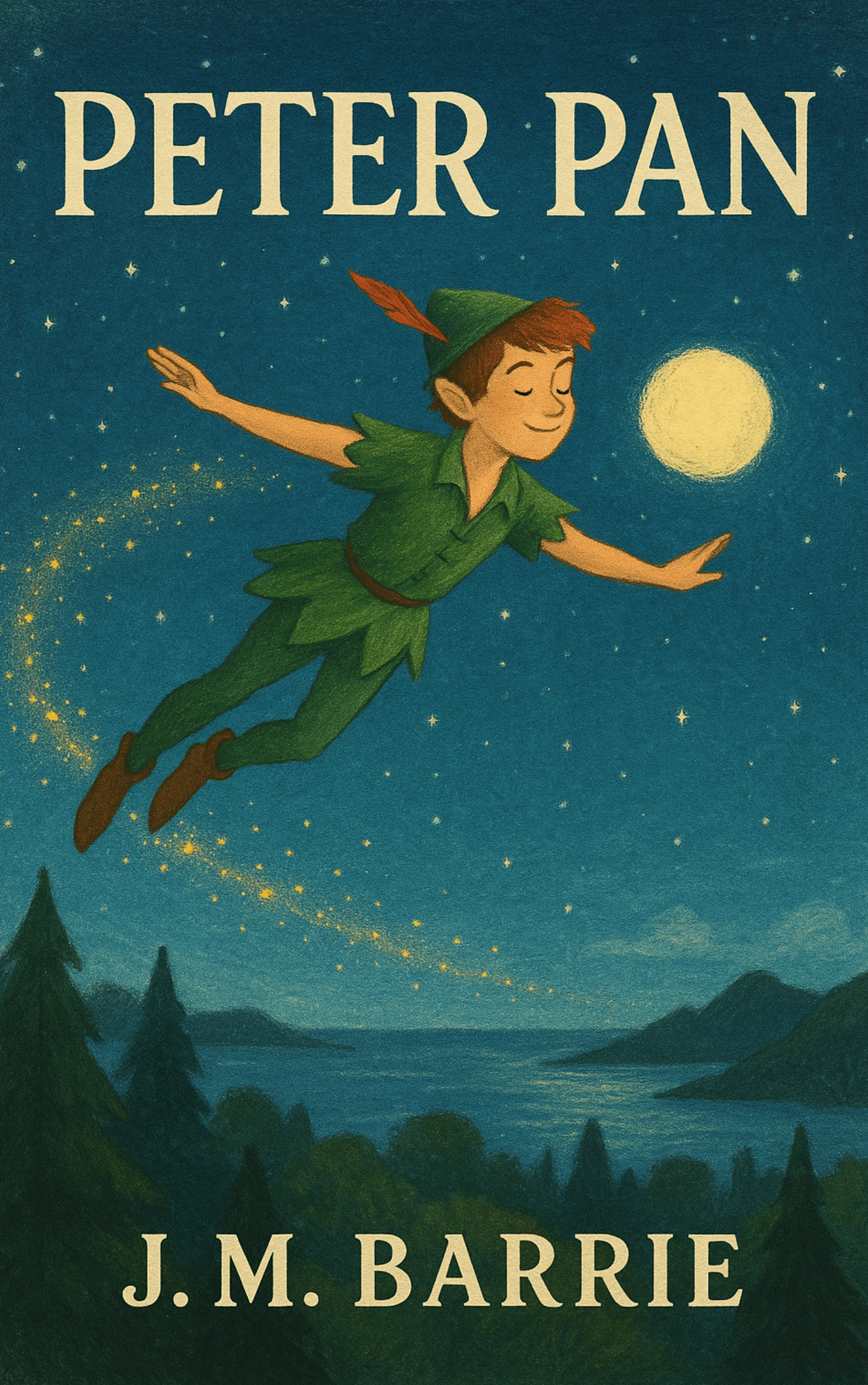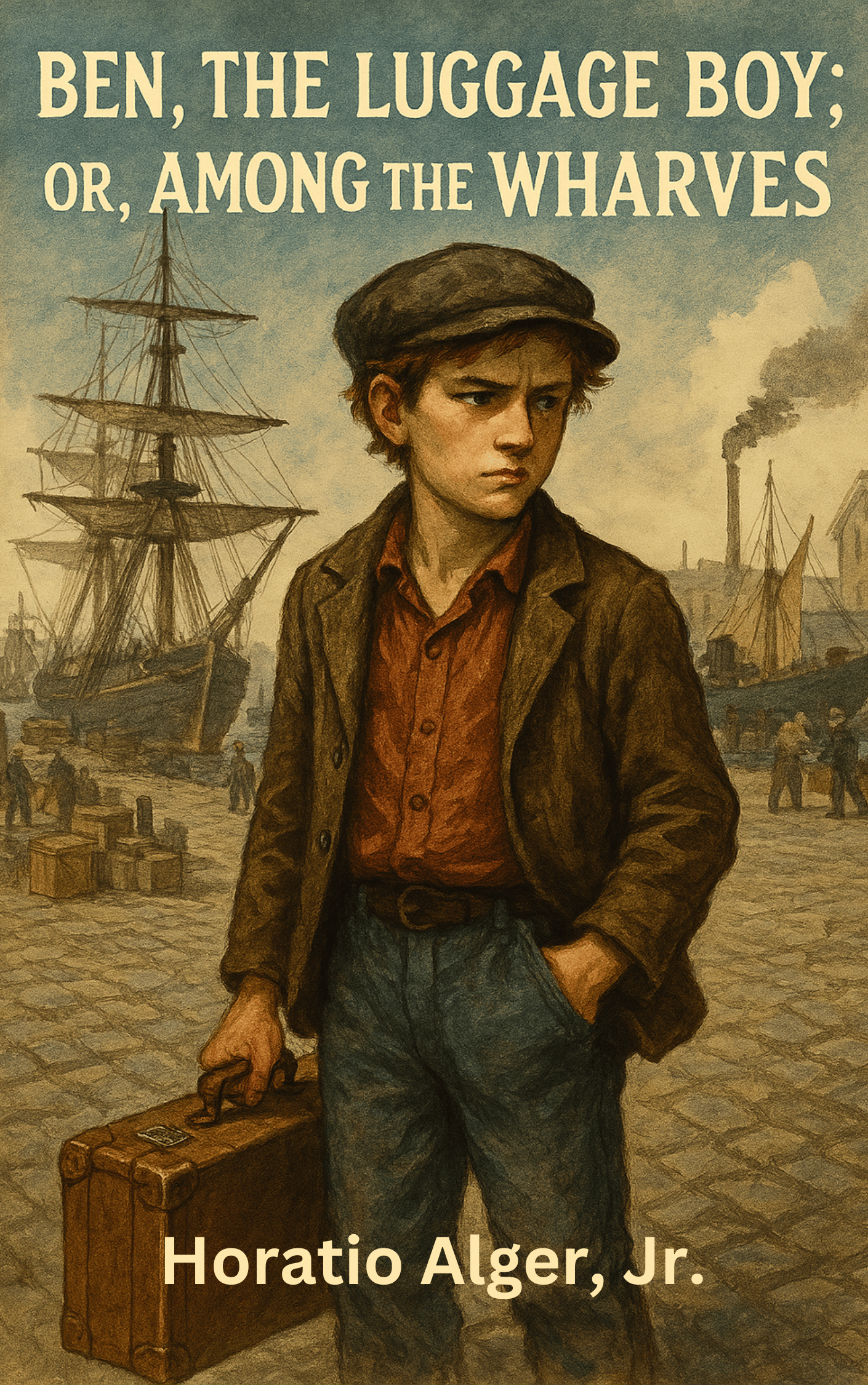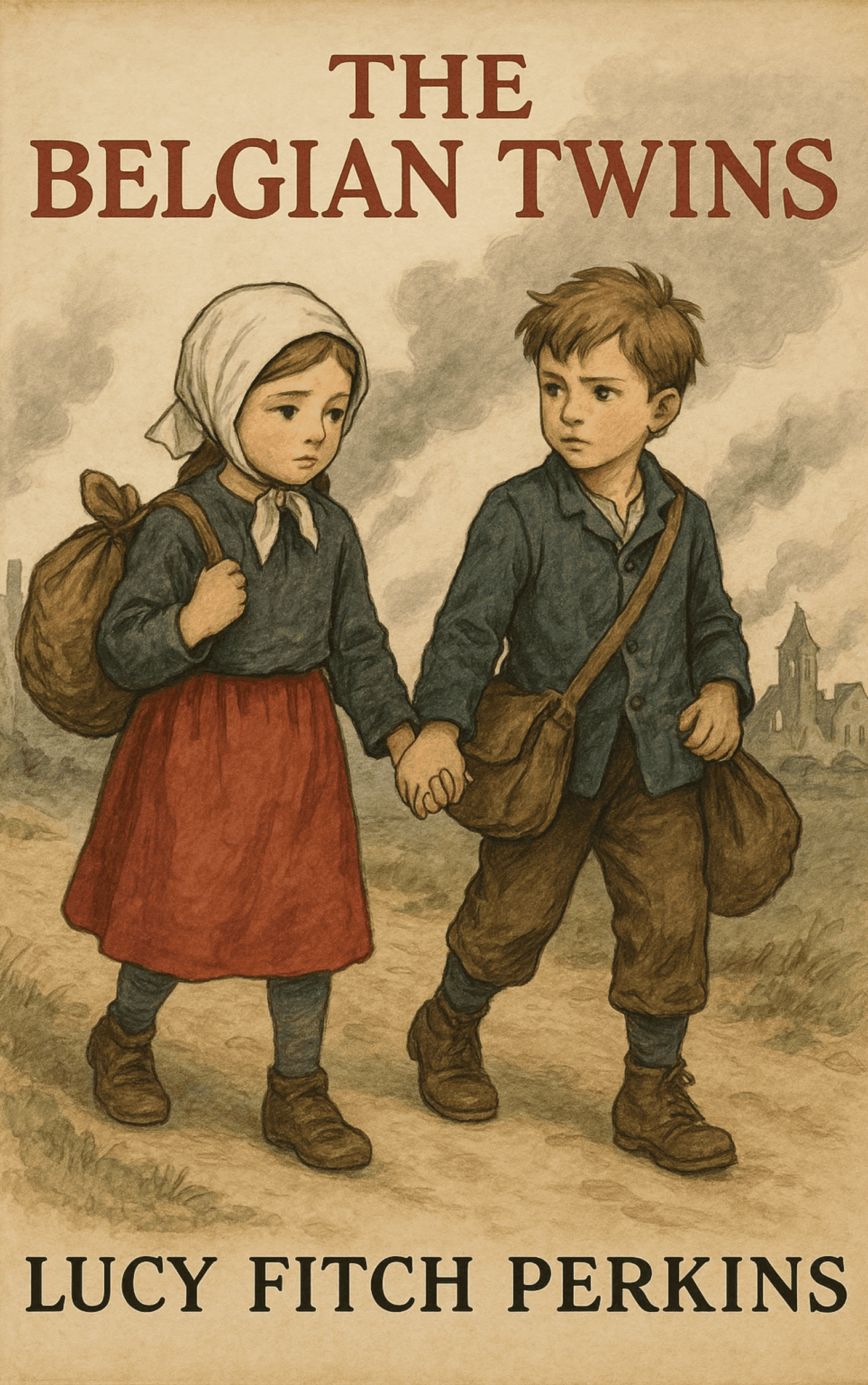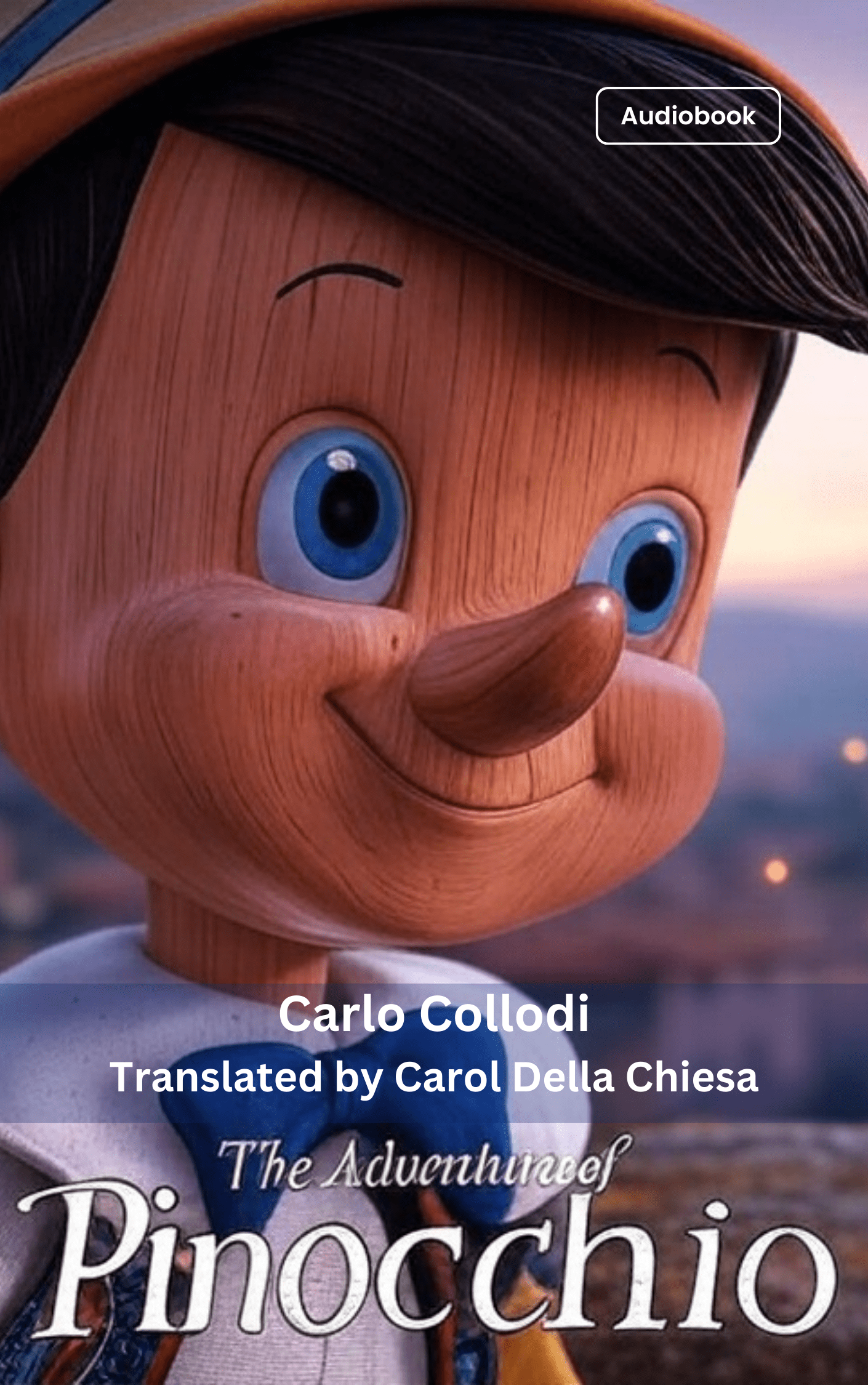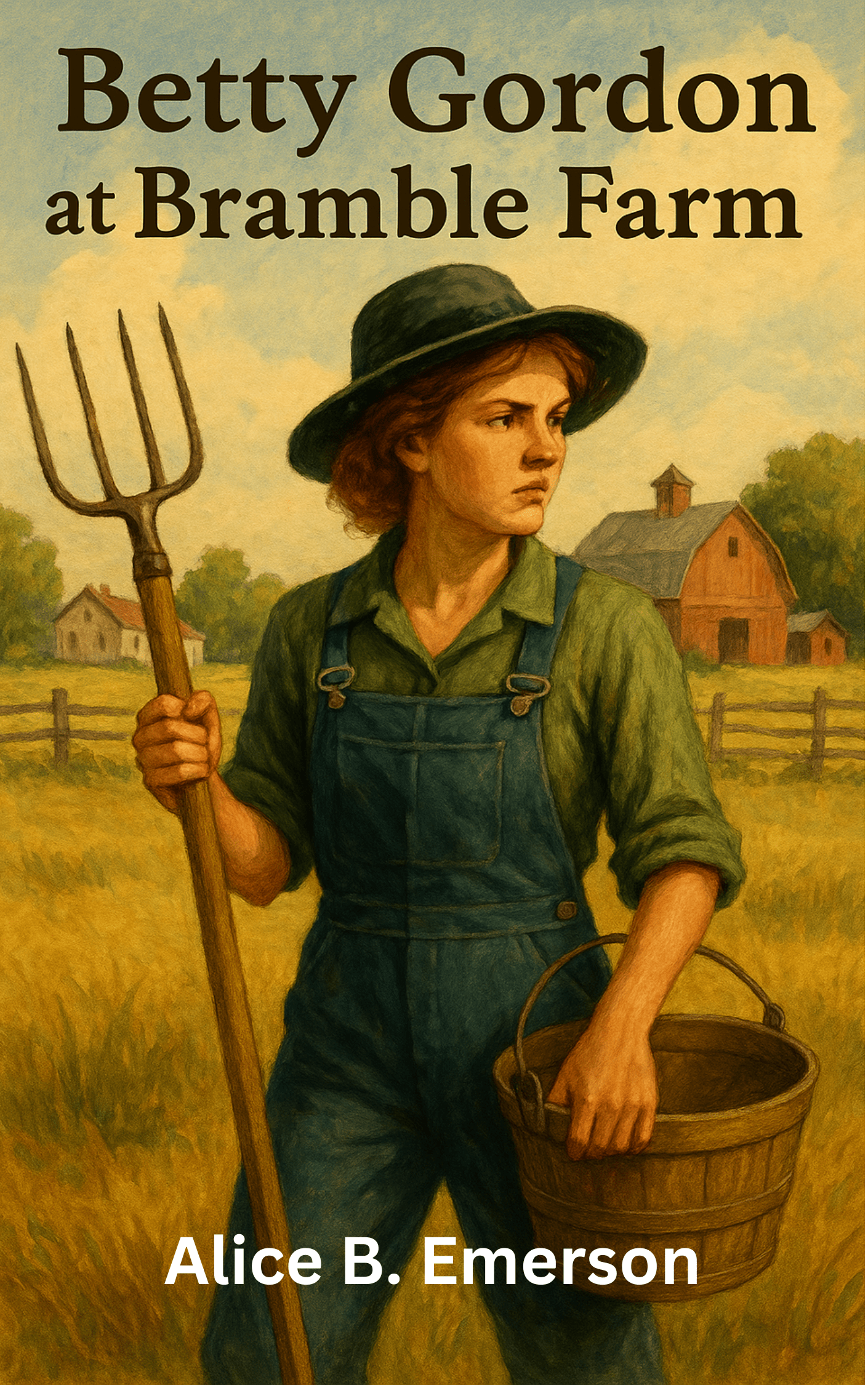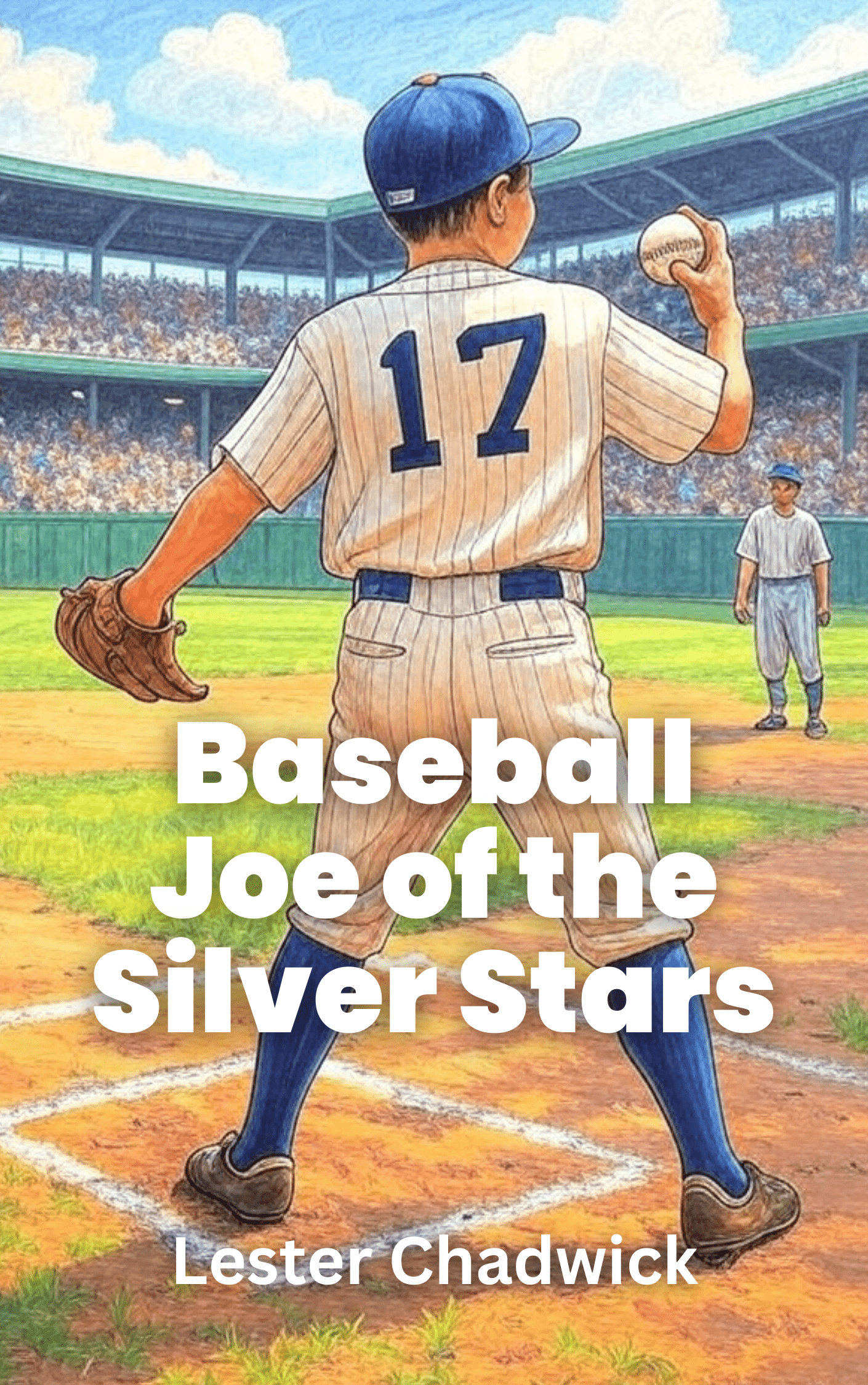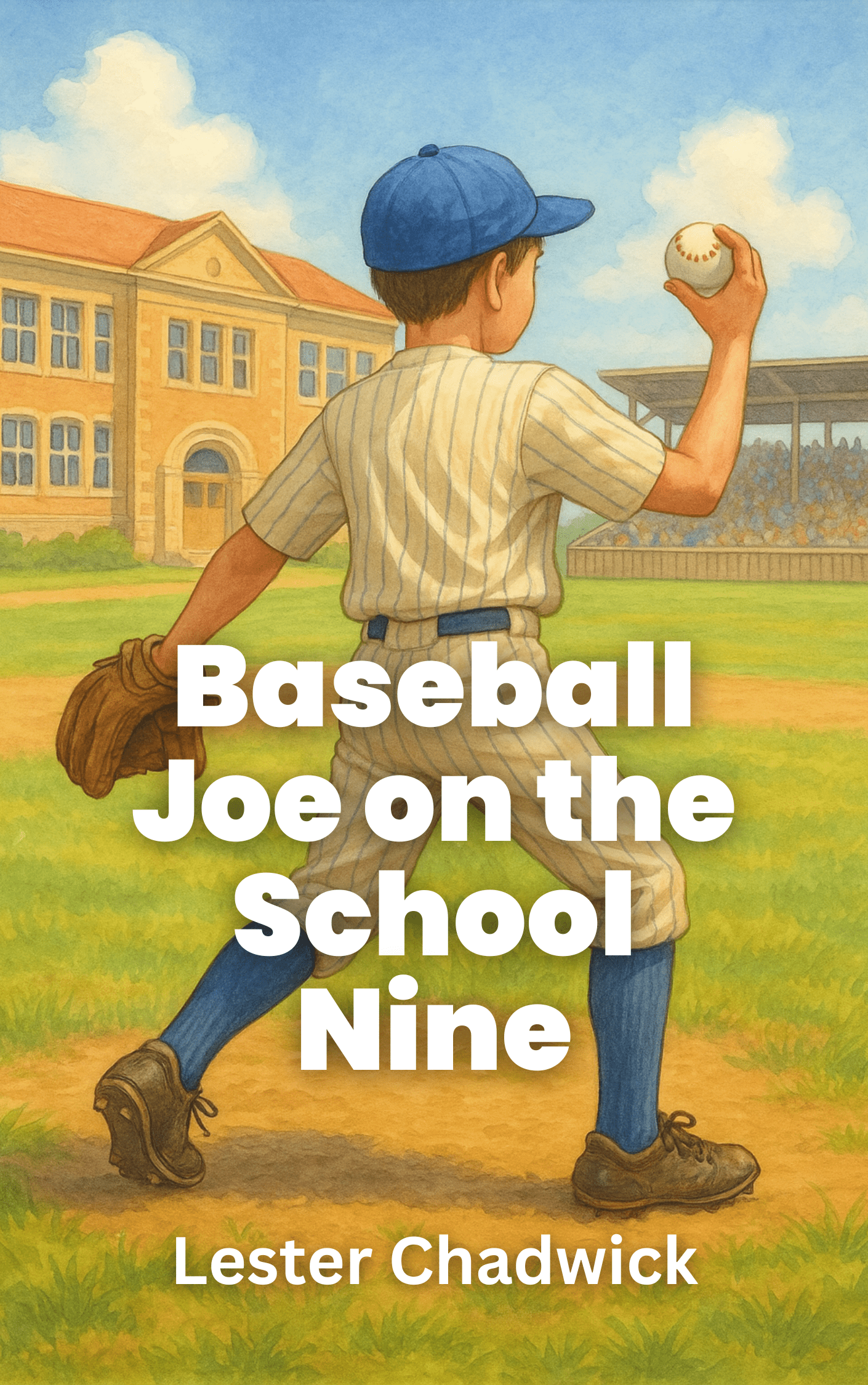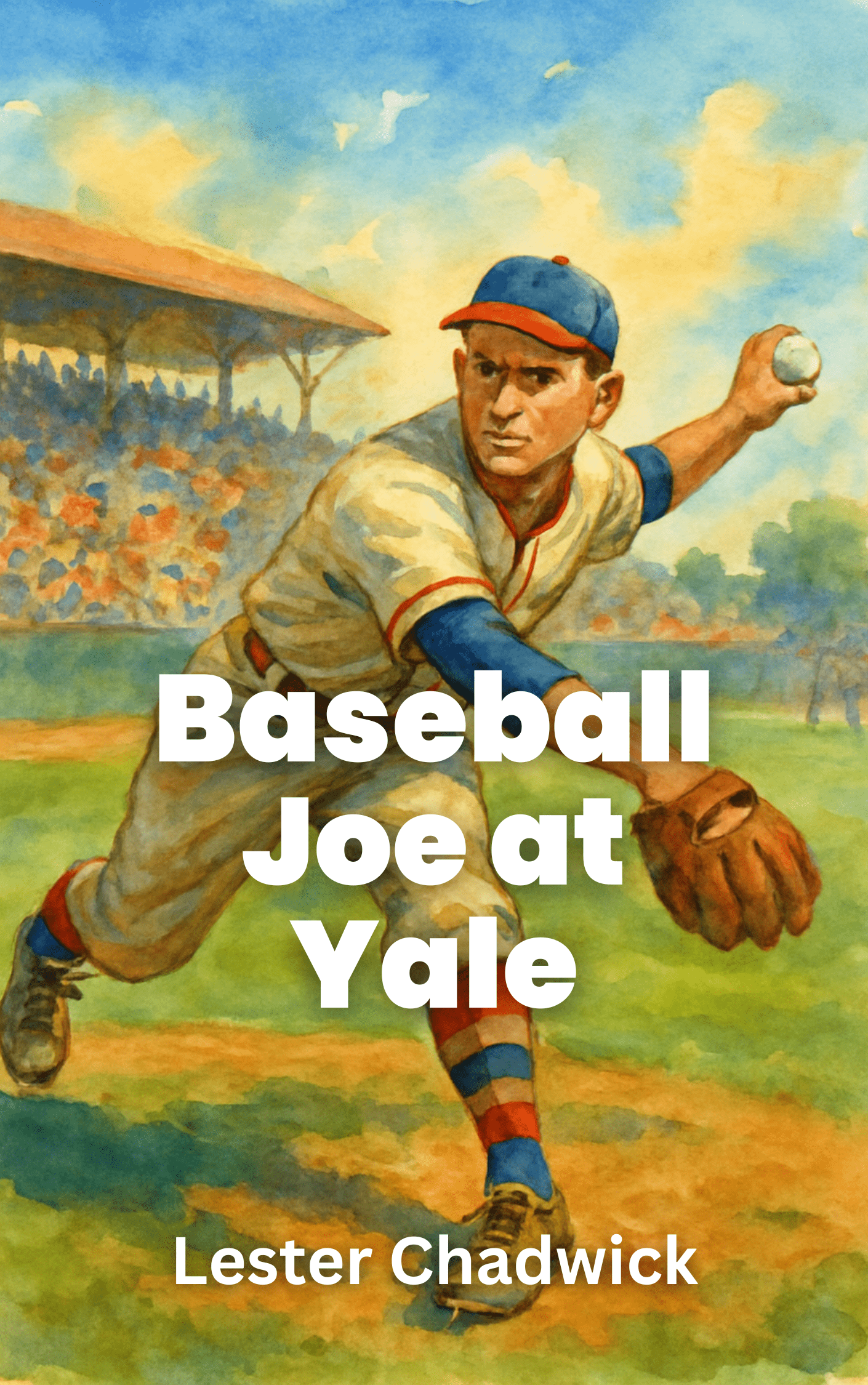Down the Rabbit-Hole
Alice was beginning to get very tired of sitting by her sister on the bank, and of having nothing to do: once or twice she had peeped into the book her sister was reading, but it had no pictures or conversations in it, “and what is the use of a book,” thought Alice “without pictures or conversations?”So she was considering in her own mind (as well as she could, for the hot day made her feel very sleepy and stupid), whether the pleasure of making a daisy-chain would be worth the trouble of getting up and picking the daisies, when suddenly a White Rabbit with pink eyes ran close by her.There was nothing so very remarkable in that; nor did Alice think it so very much out of the way to hear the Rabbit say to itself, “Oh dear! Oh dear! I shall be late!” (when she thought it over afterwards, it occurred to her that she ought to have wondered at this, but at the time it all seemed quite natural); but when the Rabbit actually took a watch out of its waistcoat-pocket, and looked at it, and then hurried on, Alice started to her feet, for it flashed across her mind that she had never before seen a rabbit with either a waistcoat-pocket, or a watch to take out of it, and burning with curiosity, she ran across the field after it, and fortunately was just in time to see it pop down a large rabbit-hole under the hedge.In another moment down went Alice after it, never once considering how in the world she was to get out again.The rabbit-hole went straight on like a tunnel for some way, and then dipped suddenly down, so suddenly that Alice had not a moment to think about stopping herself before she found herself falling down a very deep well.Either the well was very deep, or she fell very slowly, for she had plenty of time as she went down to look about her and to wonder what was going to happen next. First, she tried to look down and make out what she was coming to, but it was too dark to see anything; then she looked at the sides of the well, and noticed that they were filled with cupboards and book-shelves; here and there she saw maps and pictures hung upon pegs. She took down a jar from...
The Pool of Tears
“Curiouser and curiouser!” cried Alice (she was so much surprised, that for the moment she quite forgot how to speak good English); “now I’m opening out like the largest telescope that ever was! Good-bye, feet!” (for when she looked down at her feet, they seemed to be almost out of sight, they were getting so far off). “Oh, my poor little feet, I wonder who will put on your shoes and stockings for you now, dears? I’m sure I shan’t be able! I shall be a great deal too far off to trouble myself about you: you must manage the best way you can;—but I must be kind to them,” thought Alice, “or perhaps they won’t walk the way I want to go! Let me see: I’ll give them a new pair of boots every Christmas.”And she went on planning to herself how she would manage it. “They must go by the carrier,” she thought; “and how funny it’ll seem, sending presents to one’s own feet! And how odd the directions will look! Alice’s Right Foot, Esq., Hearthrug, near the Fender, (with Alice’s love).Oh dear, what nonsense I’m talking!”Just then her head struck against the roof of the hall: in fact she was now more than nine feet high, and she at once took up the little golden key and hurried off to the garden door.Poor Alice! It was as much as she could do, lying down on one side, to look through into the garden with one eye; but to get through was more hopeless than ever: she sat down and began to cry again.“You ought to be ashamed of yourself,” said Alice, “a great girl like you,” (she might well say this), “to go on crying in this way! Stop this moment, I tell you!” But she went on all the same, shedding gallons of tears, until there was a large pool all round her, about four inches deep and reaching half down the hall.After a time she heard a little pattering of feet in the distance, and she hastily dried her eyes to see what was coming. It was the White Rabbit returning, splendidly dressed, with a pair of white kid gloves in one hand and a large fan in the other: he came trotting along in a great hurry, muttering to himself as he came, “Oh! the Duchess, the Duchess! Oh! won’t she be savage if...
A Caucus-Race and a Long Tale
They were indeed a queer-looking party that assembled on the bank—the birds with draggled feathers, the animals with their fur clinging close to them, and all dripping wet, cross, and uncomfortable.The first question of course was, how to get dry again: they had a consultation about this, and after a few minutes it seemed quite natural to Alice to find herself talking familiarly with them, as if she had known them all her life. Indeed, she had quite a long argument with the Lory, who at last turned sulky, and would only say, “I am older than you, and must know better;” and this Alice would not allow without knowing how old it was, and, as the Lory positively refused to tell its age, there was no more to be said.At last the Mouse, who seemed to be a person of authority among them, called out, “Sit down, all of you, and listen to me! I’ll soon make you dry enough!” They all sat down at once, in a large ring, with the Mouse in the middle. Alice kept her eyes anxiously fixed on it, for she felt sure she would catch a bad cold if she did not get dry very soon.“Ahem!” said the Mouse with an important air, “are you all ready? This is the driest thing I know. Silence all round, if you please! ‘William the Conqueror, whose cause was favoured by the pope, was soon submitted to by the English, who wanted leaders, and had been of late much accustomed to usurpation and conquest. Edwin and Morcar, the earls of Mercia and Northumbria—’”“Ugh!” said the Lory, with a shiver.“I beg your pardon!” said the Mouse, frowning, but very politely: “Did you speak?”“Not I!” said the Lory hastily.“I thought you did,” said the Mouse. “—I proceed. ‘Edwin and Morcar, the earls of Mercia and Northumbria, declared for him: and even Stigand, the patriotic archbishop of Canterbury, found it advisable—’”“Found what?” said the Duck.“Found it,” the Mouse replied rather crossly: “of course you know what ‘it’ means.”“I know what ‘it’ means well enough, when I find a thing,” said the Duck: “it’s generally a frog or a worm. The question is, what did the archbishop find?”The Mouse did not notice this question, but hurriedly went on, “‘—found it advisable to go with Edgar Atheling to meet William and offer him the crown. William’s conduct at first was moderate....
The Rabbit Sends in a Little Bill
It was the White Rabbit, trotting slowly back again, and looking anxiously about as it went, as if it had lost something; and she heard it muttering to itself “The Duchess! The Duchess! Oh my dear paws! Oh my fur and whiskers! She’ll get me executed, as sure as ferrets are ferrets! Where can I have dropped them, I wonder?” Alice guessed in a moment that it was looking for the fan and the pair of white kid gloves, and she very good-naturedly began hunting about for them, but they were nowhere to be seen—everything seemed to have changed since her swim in the pool, and the great hall, with the glass table and the little door, had vanished completely.Very soon the Rabbit noticed Alice, as she went hunting about, and called out to her in an angry tone, “Why, Mary Ann, what are you doing out here? Run home this moment, and fetch me a pair of gloves and a fan! Quick, now!” And Alice was so much frightened that she ran off at once in the direction it pointed to, without trying to explain the mistake it had made.“He took me for his housemaid,” she said to herself as she ran. “How surprised he’ll be when he finds out who I am! But I’d better take him his fan and gloves—that is, if I can find them.” As she said this, she came upon a neat little house, on the door of which was a bright brass plate with the name “W. RABBIT,” engraved upon it. She went in without knocking, and hurried upstairs, in great fear lest she should meet the real Mary Ann, and be turned out of the house before she had found the fan and gloves.“How queer it seems,” Alice said to herself, “to be going messages for a rabbit! I suppose Dinah’ll be sending me on messages next!” And she began fancying the sort of thing that would happen: “‘Miss Alice! Come here directly, and get ready for your walk!’ ‘Coming in a minute, nurse! But I’ve got to see that the mouse doesn’t get out.’ Only I don’t think,” Alice went on, “that they’d let Dinah stop in the house if it began ordering people about like that!”By this time she had found her way into a tidy little room with a table in the window, and on it (as she had...
Advice from a Caterpillar
The Caterpillar and Alice looked at each other for some time in silence: at last the Caterpillar took the hookah out of its mouth, and addressed her in a languid, sleepy voice.“Who are you?” said the Caterpillar.This was not an encouraging opening for a conversation. Alice replied, rather shyly, “I—I hardly know, sir, just at present—at least I know who I was when I got up this morning, but I think I must have been changed several times since then.”“What do you mean by that?” said the Caterpillar sternly. “Explain yourself!”“I can’t explain myself, I’m afraid, sir,” said Alice, “because I’m not myself, you see.”“I don’t see,” said the Caterpillar.“I’m afraid I can’t put it more clearly,” Alice replied very politely, “for I can’t understand it myself to begin with; and being so many different sizes in a day is very confusing.”“It isn’t,” said the Caterpillar.“Well, perhaps you haven’t found it so yet,” said Alice; “but when you have to turn into a chrysalis—you will some day, you know—and then after that into a butterfly, I should think you’ll feel it a little queer, won’t you?”“Not a bit,” said the Caterpillar.“Well, perhaps your feelings may be different,” said Alice; “all I know is, it would feel very queer to me.”“You!” said the Caterpillar contemptuously. “Who are you?”Which brought them back again to the beginning of the conversation. Alice felt a little irritated at the Caterpillar’s making such very short remarks, and she drew herself up and said, very gravely, “I think, you ought to tell me who you are, first.”“Why?” said the Caterpillar.Here was another puzzling question; and as Alice could not think of any good reason, and as the Caterpillar seemed to be in a very unpleasant state of mind, she turned away.“Come back!” the Caterpillar called after her. “I’ve something important to say!”This sounded promising, certainly: Alice turned and came back again.“Keep your temper,” said the Caterpillar.“Is that all?” said Alice, swallowing down her anger as well as she could.“No,” said the Caterpillar.Alice thought she might as well wait, as she had nothing else to do, and perhaps after all it might tell her something worth hearing. For some minutes it puffed away without speaking, but at last it unfolded its arms, took the hookah out of its mouth again, and said, “So you think you’re changed, do you?”“I’m afraid I am, sir,” said Alice; “I can’t remember...
Pig and Pepper
For a minute or two she stood looking at the house, and wondering what to do next, when suddenly a footman in livery came running out of the wood—(she considered him to be a footman because he was in livery: otherwise, judging by his face only, she would have called him a fish)—and rapped loudly at the door with his knuckles. It was opened by another footman in livery, with a round face, and large eyes like a frog; and both footmen, Alice noticed, had powdered hair that curled all over their heads. She felt very curious to know what it was all about, and crept a little way out of the wood to listen.The Fish-Footman began by producing from under his arm a great letter, nearly as large as himself, and this he handed over to the other, saying, in a solemn tone, “For the Duchess. An invitation from the Queen to play croquet.” The Frog-Footman repeated, in the same solemn tone, only changing the order of the words a little, “From the Queen. An invitation for the Duchess to play croquet.”Then they both bowed low, and their curls got entangled together.Alice laughed so much at this, that she had to run back into the wood for fear of their hearing her; and when she next peeped out the Fish-Footman was gone, and the other was sitting on the ground near the door, staring stupidly up into the sky.Alice went timidly up to the door, and knocked.“There’s no sort of use in knocking,” said the Footman, “and that for two reasons. First, because I’m on the same side of the door as you are; secondly, because they’re making such a noise inside, no one could possibly hear you.” And certainly there was a most extraordinary noise going on within—a constant howling and sneezing, and every now and then a great crash, as if a dish or kettle had been broken to pieces.“Please, then,” said Alice, “how am I to get in?”“There might be some sense in your knocking,” the Footman went on without attending to her, “if we had the door between us. For instance, if you were inside, you might knock, and I could let you out, you know.” He was looking up into the sky all the time he was speaking, and this Alice thought decidedly uncivil. “But perhaps he can’t help it,” she said to herself;...
A Mad Tea-Party
There was a table set out under a tree in front of the house, and the March Hare and the Hatter were having tea at it: a Dormouse was sitting between them, fast asleep, and the other two were using it as a cushion, resting their elbows on it, and talking over its head. “Very uncomfortable for the Dormouse,” thought Alice; “only, as it’s asleep, I suppose it doesn’t mind.”The table was a large one, but the three were all crowded together at one corner of it: “No room! No room!” they cried out when they saw Alice coming. “There’s plenty of room!” said Alice indignantly, and she sat down in a large arm-chair at one end of the table.“Have some wine,” the March Hare said in an encouraging tone.Alice looked all round the table, but there was nothing on it but tea. “I don’t see any wine,” she remarked.“There isn’t any,” said the March Hare.“Then it wasn’t very civil of you to offer it,” said Alice angrily.“It wasn’t very civil of you to sit down without being invited,” said the March Hare.“I didn’t know it was your table,” said Alice; “it’s laid for a great many more than three.”“Your hair wants cutting,” said the Hatter. He had been looking at Alice for some time with great curiosity, and this was his first speech.“You should learn not to make personal remarks,” Alice said with some severity; “it’s very rude.”The Hatter opened his eyes very wide on hearing this; but all he said was, “Why is a raven like a writing-desk?”“Come, we shall have some fun now!” thought Alice. “I’m glad they’ve begun asking riddles.—I believe I can guess that,” she added aloud.“Do you mean that you think you can find out the answer to it?” said the March Hare.“Exactly so,” said Alice.“Then you should say what you mean,” the March Hare went on.“I do,” Alice hastily replied; “at least—at least I mean what I say—that’s the same thing, you know.”“Not the same thing a bit!” said the Hatter. “You might just as well say that ‘I see what I eat’ is the same thing as ‘I eat what I see’!”“You might just as well say,” added the March Hare, “that ‘I like what I get’ is the same thing as ‘I get what I like’!”“You might just as well say,” added the Dormouse, who seemed to be talking in his...
The Queen’s Croquet-Ground
A large rose-tree stood near the entrance of the garden: the roses growing on it were white, but there were three gardeners at it, busily painting them red. Alice thought this a very curious thing, and she went nearer to watch them, and just as she came up to them she heard one of them say, “Look out now, Five! Don’t go splashing paint over me like that!”“I couldn’t help it,” said Five, in a sulky tone; “Seven jogged my elbow.”On which Seven looked up and said, “That’s right, Five! Always lay the blame on others!”“You’d better not talk!” said Five. “I heard the Queen say only yesterday you deserved to be beheaded!”“What for?” said the one who had spoken first.“That’s none of your business, Two!” said Seven.“Yes, it is his business!” said Five, “and I’ll tell him—it was for bringing the cook tulip-roots instead of onions.”Seven flung down his brush, and had just begun “Well, of all the unjust things—” when his eye chanced to fall upon Alice, as she stood watching them, and he checked himself suddenly: the others looked round also, and all of them bowed low.“Would you tell me,” said Alice, a little timidly, “why you are painting those roses?”Five and Seven said nothing, but looked at Two. Two began in a low voice, “Why the fact is, you see, Miss, this here ought to have been a red rose-tree, and we put a white one in by mistake; and if the Queen was to find it out, we should all have our heads cut off, you know. So you see, Miss, we’re doing our best, afore she comes, to—” At this moment Five, who had been anxiously looking across the garden, called out “The Queen! The Queen!” and the three gardeners instantly threw themselves flat upon their faces. There was a sound of many footsteps, and Alice looked round, eager to see the Queen.First came ten soldiers carrying clubs; these were all shaped like the three gardeners, oblong and flat, with their hands and feet at the corners: next the ten courtiers; these were ornamented all over with diamonds, and walked two and two, as the soldiers did. After these came the royal children; there were ten of them, and the little dears came jumping merrily along hand in hand, in couples: they were all ornamented with hearts. Next came the guests, mostly Kings and...
The Mock Turtle’s Story
“You can’t think how glad I am to see you again, you dear old thing!” said the Duchess, as she tucked her arm affectionately into Alice’s, and they walked off together.Alice was very glad to find her in such a pleasant temper, and thought to herself that perhaps it was only the pepper that had made her so savage when they met in the kitchen.“When I’m a Duchess,” she said to herself, (not in a very hopeful tone though), “I won’t have any pepper in my kitchen at all. Soup does very well without—Maybe it’s always pepper that makes people hot-tempered,” she went on, very much pleased at having found out a new kind of rule, “and vinegar that makes them sour—and camomile that makes them bitter—and—and barley-sugar and such things that make children sweet-tempered. I only wish people knew that: then they wouldn’t be so stingy about it, you know—”She had quite forgotten the Duchess by this time, and was a little startled when she heard her voice close to her ear. “You’re thinking about something, my dear, and that makes you forget to talk. I can’t tell you just now what the moral of that is, but I shall remember it in a bit.”“Perhaps it hasn’t one,” Alice ventured to remark.“Tut, tut, child!” said the Duchess. “Everything’s got a moral, if only you can find it.” And she squeezed herself up closer to Alice’s side as she spoke.Alice did not much like keeping so close to her: first, because the Duchess was very ugly; and secondly, because she was exactly the right height to rest her chin upon Alice’s shoulder, and it was an uncomfortably sharp chin. However, she did not like to be rude, so she bore it as well as she could.“The game’s going on rather better now,” she said, by way of keeping up the conversation a little.“’Tis so,” said the Duchess: “and the moral of that is—‘Oh, ’tis love, ’tis love, that makes the world go round!’”“Somebody said,” Alice whispered, “that it’s done by everybody minding their own business!”“Ah, well! It means much the same thing,” said the Duchess, digging her sharp little chin into Alice’s shoulder as she added, “and the moral of that is—‘Take care of the sense, and the sounds will take care of themselves.’”“How fond she is of finding morals in things!” Alice thought to herself.“I dare say you’re wondering...
The Lobster Quadrille
The Mock Turtle sighed deeply, and drew the back of one flapper across his eyes. He looked at Alice, and tried to speak, but for a minute or two sobs choked his voice. “Same as if he had a bone in his throat,” said the Gryphon: and it set to work shaking him and punching him in the back. At last the Mock Turtle recovered his voice, and, with tears running down his cheeks, he went on again:—“You may not have lived much under the sea—” (“I haven’t,” said Alice)—“and perhaps you were never even introduced to a lobster—” (Alice began to say “I once tasted—” but checked herself hastily, and said “No, never”) “—so you can have no idea what a delightful thing a Lobster Quadrille is!”“No, indeed,” said Alice. “What sort of a dance is it?”“Why,” said the Gryphon, “you first form into a line along the sea-shore—”“Two lines!” cried the Mock Turtle. “Seals, turtles, salmon, and so on; then, when you’ve cleared all the jelly-fish out of the way—”“That generally takes some time,” interrupted the Gryphon.“—you advance twice—”“Each with a lobster as a partner!” cried the Gryphon.“Of course,” the Mock Turtle said: “advance twice, set to partners—”“—change lobsters, and retire in same order,” continued the Gryphon.“Then, you know,” the Mock Turtle went on, “you throw the—”“The lobsters!” shouted the Gryphon, with a bound into the air.“—as far out to sea as you can—”“Swim after them!” screamed the Gryphon.“Turn a somersault in the sea!” cried the Mock Turtle, capering wildly about.“Change lobsters again!” yelled the Gryphon at the top of its voice.“Back to land again, and that’s all the first figure,” said the Mock Turtle, suddenly dropping his voice; and the two creatures, who had been jumping about like mad things all this time, sat down again very sadly and quietly, and looked at Alice.“It must be a very pretty dance,” said Alice timidly.“Would you like to see a little of it?” said the Mock Turtle.“Very much indeed,” said Alice.“Come, let’s try the first figure!” said the Mock Turtle to the Gryphon. “We can do without lobsters, you know. Which shall sing?”“Oh, you sing,” said the Gryphon. “I’ve forgotten the words.”So they began solemnly dancing round and round Alice, every now and then treading on her toes when they passed too close, and waving their forepaws to mark the time, while the Mock Turtle sang this, very slowly...
Who Stole the Tarts?
The King and Queen of Hearts were seated on their throne when they arrived, with a great crowd assembled about them—all sorts of little birds and beasts, as well as the whole pack of cards: the Knave was standing before them, in chains, with a soldier on each side to guard him; and near the King was the White Rabbit, with a trumpet in one hand, and a scroll of parchment in the other. In the very middle of the court was a table, with a large dish of tarts upon it: they looked so good, that it made Alice quite hungry to look at them—“I wish they’d get the trial done,” she thought, “and hand round the refreshments!” But there seemed to be no chance of this, so she began looking at everything about her, to pass away the time.Alice had never been in a court of justice before, but she had read about them in books, and she was quite pleased to find that she knew the name of nearly everything there. “That’s the judge,” she said to herself, “because of his great wig.”The judge, by the way, was the King; and as he wore his crown over the wig, (look at the frontispiece if you want to see how he did it,) he did not look at all comfortable, and it was certainly not becoming.“And that’s the jury-box,” thought Alice, “and those twelve creatures,” (she was obliged to say “creatures,” you see, because some of them were animals, and some were birds,) “I suppose they are the jurors.” She said this last word two or three times over to herself, being rather proud of it: for she thought, and rightly too, that very few little girls of her age knew the meaning of it at all. However, “jury-men” would have done just as well.The twelve jurors were all writing very busily on slates. “What are they doing?” Alice whispered to the Gryphon. “They can’t have anything to put down yet, before the trial’s begun.”“They’re putting down their names,” the Gryphon whispered in reply, “for fear they should forget them before the end of the trial.”“Stupid things!” Alice began in a loud, indignant voice, but she stopped hastily, for the White Rabbit cried out, “Silence in the court!” and the King put on his spectacles and looked anxiously round, to make out who was talking.Alice could see, as...
Alice’s Evidence
“Here!” cried Alice, quite forgetting in the flurry of the moment how large she had grown in the last few minutes, and she jumped up in such a hurry that she tipped over the jury-box with the edge of her skirt, upsetting all the jurymen on to the heads of the crowd below, and there they lay sprawling about, reminding her very much of a globe of goldfish she had accidentally upset the week before.“Oh, I beg your pardon!” she exclaimed in a tone of great dismay, and began picking them up again as quickly as she could, for the accident of the goldfish kept running in her head, and she had a vague sort of idea that they must be collected at once and put back into the jury-box, or they would die.“The trial cannot proceed,” said the King in a very grave voice, “until all the jurymen are back in their proper places—all,” he repeated with great emphasis, looking hard at Alice as he said so.Alice looked at the jury-box, and saw that, in her haste, she had put the Lizard in head downwards, and the poor little thing was waving its tail about in a melancholy way, being quite unable to move. She soon got it out again, and put it right; “not that it signifies much,” she said to herself; “I should think it would be quite as much use in the trial one way up as the other.”As soon as the jury had a little recovered from the shock of being upset, and their slates and pencils had been found and handed back to them, they set to work very diligently to write out a history of the accident, all except the Lizard, who seemed too much overcome to do anything but sit with its mouth open, gazing up into the roof of the court.“What do you know about this business?” the King said to Alice.“Nothing,” said Alice.“Nothing whatever?” persisted the King.“Nothing whatever,” said Alice.“That’s very important,” the King said, turning to the jury. They were just beginning to write this down on their slates, when the White Rabbit interrupted: “Unimportant, your Majesty means, of course,” he said in a very respectful tone, but frowning and making faces at him as he spoke.“Unimportant, of course, I meant,” the King hastily said, and went on to himself in an undertone,“important—unimportant—unimportant—important—” as if he were trying which...

